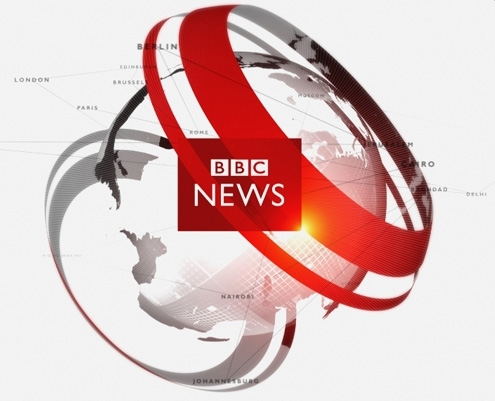 Senior officials have discussed handing the management of up to 20 English NHS hospitals to overseas companies, emails released by the government indicate.
Senior officials have discussed handing the management of up to 20 English NHS hospitals to overseas companies, emails released by the government indicate.
Talks included plans for 10 to 20 hospitals but starting with one hospital at a time, the Observer says.
It comes as Lib Dem peer Shirley Williams said she had “huge concerns” over the NHS reform plans.
Health Secretary Andrew Lansley says claims the government aims to privatise the NHS are “ludicrous scaremongering”.
The emails were released after a Freedom of Information request by non-profit investigations organisation Spinwatch, which monitors public relations and spin.
They are reported to show that consulting firm McKinsey was acting as a broker between the Department of Health and “international players” for contracts worth hundreds of millions of pounds.
One email talks about “interest in new solution for 10-20 hospitals but starting from a mindset of one at a time with various political constraints”.
The Observer reported that the “international hospital provider groups” would want certain conditions regarding taking over the hospitals, such as “a free hand on staff management”, but that the NHS would be allowed to “keep real estate and pensions”.
Analysis
Nick TriggleHealth correspondent, BBC NewsIn any market, there is always a rump of organisations that struggle. The NHS is no different – and for the past 20 years successive governments have been wondering what to do with them.
The 10-20 figure represents less than a tenth of trusts. They tend to be the most badly run, attract the least patients and have the largest debts. If they were private sector groups they would simply shrivel and die.
But the natural reaction of the NHS is to look at new ways of running them. This can involve parachuting in NHS managers from top-performing hospitals, mergers with larger organisations or – as these emails show – bringing in the private sector.
This model has already been proposed for one hospital – Hinchingbrooke in Cambridgeshire. Under the plans, private managers will run the trust but the services will remain NHS.
However, there is a growing consensus that there needs to be a more brutal approach – the closure of some units.
The Department of Health said it was not unusual to hold meetings with external organisations and that NHS staff and assets would always remain wholly owned by the NHS.
The government is in the process of trying to overhaul the way the NHS in England works, giving GPs and other clinicians much more responsibility for spending and encouraging greater competition with the private sector.
The controversial plans have been labelled some of the most radical in the history of the health service.
Legal duty
Mr Lansley said: “The reality is that we’re giving more power and choice to patients over how they get treated, keeping waiting times low and cutting bureaucracy so more cash gets to the front line.
“We will not allow these lies to block the progress we want to achieve for patients.”
The government’s plans were put on hold in the spring after criticisms from MPs and health unions. A series of concessions to the Health and Social Care Bill were proposed and MPs will debate the legislation this week.
Meanwhile, Lady Williams said the battle over bill was “far from over” and the reforms “need not mean upheaval and disintegration”.
‘Flawed US system’
Writing in the Observer, she said: “The central issue is whether, if the bill is passed without further amendment, there will be any legal duty… to provide and secure a comprehensive health service for the people of England, free at the point of need – the heart of what the NHS is all about.”
She added: “I am not against a private element in the NHS, which may bring innovation and good practice, provided it is within the framework of a public service – complementary but not wrecking.
“But why have they been bewitched by a flawed US system?”
Her comments follow renewed demonstrations against the reforms this weekend by health workers across England.
Candlelit vigils and protests were held in areas including London, Reading, Cambridge, Norwich, Sunderland, Manchester, Brighton, Leeds and Portsmouth.
Christina McAnea, head of health at the union Unison, said: “People are rightly proud of an NHS that puts patient need before private profit, and voting through this Bill will be the end of the NHS as we know it.”

One response
Because the other concerns owned by overseas business are run in such a cost-efficient manner, with the best interests of their customers at heart, like Utilities Companies, overcharging the UK to subsidise their European operations. Not to mention how all that money will no doubt do the British Economy the world of good by going to Germany. Its a well known economic fact that in order to create jobs and prosperity in the UK, one should send every available pound to the Fourth Reich…Do people still believe that these people are genuinely acting in a manner designed to HELP this country?